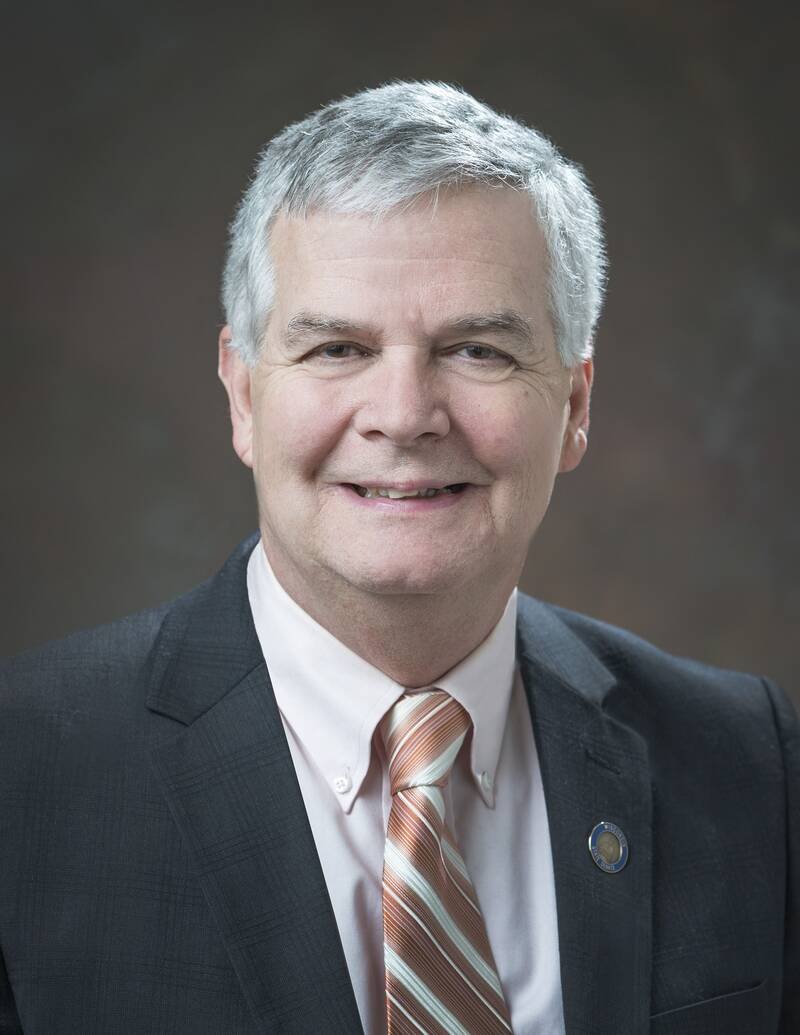Since 1990, our country has recognized November as Native American Heritage Month. This commemorative month provides an opportunity to remember Native Americans’ roles in our country’s history and appreciate their cultural contributions. This should be a time for us to look deeper into our history and the contributions of all Americans.
Native American Heritage Month is an important time to remind ourselves of our country’s cruel past and violence towards Tribal Nations. During this month, we also honor Native Americans’ remarkable contributions to our country, including the World War II code talkers. The code talkers’ service is an example to the fortitude and social fabric within Native American tribes. Their role in World War II tells the story of American endurance, collaboration and the importance of sharing our strengths and skills.
History is often re-written by those with privilege to remove disturbing, violent accounts. We grew up learning of the Thanksgiving story and the “friendly” relationship between early settlers and the Indigenous people. This story disregards our country’s troubled past, while also ignoring the important role Native Americans have had in American history.
Our country has a complex, painful history regarding the treatment of Native Americans. Despite attempts to help European settlers when they first arrived, Native Americans were forcibly removed from their land, introduced to deadly diseases and became victims of mass genocide. For many decades, even as late as the 1950s, white Americans suppressed members of the Tribal Nations, forcibly placing children in boarding schools and promoting assimilation policies in an attempt to destroy their culture.
Many Native Americans still held onto their native languages, despite this traumatic history and the attempts to strip them of their heritage. During the World Wars of the twentieth century, members from Tribal Nations were willing to enlist and fight for the same values that other soldiers believed in. As Native American members joined the military, they realized their ability to speak another language would make it difficult for enemies to interpret intercepted messages. These enlisted members of Native American tribes became known as code talkers.
Although Native Americans were enlisted for this important duty, they still faced challenges working predominately with English-speaking soldiers.
I heard a story about an enlisted Ho-Chunk Code Talker, selected for this role because he could speak his native language. He began his assignment in the radio room waiting for a message with a commanding officer. When a message arrived, the code talker couldn’t understand the sender’s message. The officer was puzzled and demanded to know why he told them he could speak his native language but then couldn’t understand this message. He replied that he is a member of the Ho-Chunk Nation and the sender was speaking Navajo. This anecdote reminds us of the presumptions we may have of others, but the importance of learning from others’ backgrounds.
As a nation of many cultures, religions and ethnicities, we should celebrate the code talkers’ legacy and their contribution to our country’s history. With this in mind, I recently introduced legislation to designate a stretch of Interstate 90 from La Crosse to Tomah in honor the
Ho-Chunk code talkers for their instrumental role protecting our values of freedom and democracy.
This bipartisan proposal is one small measure to honor Native Americans in our state, but we must do better to educate ourselves of these vital roles that are, too often, overlooked in our country’s history. Be sure to do what you can to learn more about our country’s history by listening, reading and having conversations with others.



Add new comment